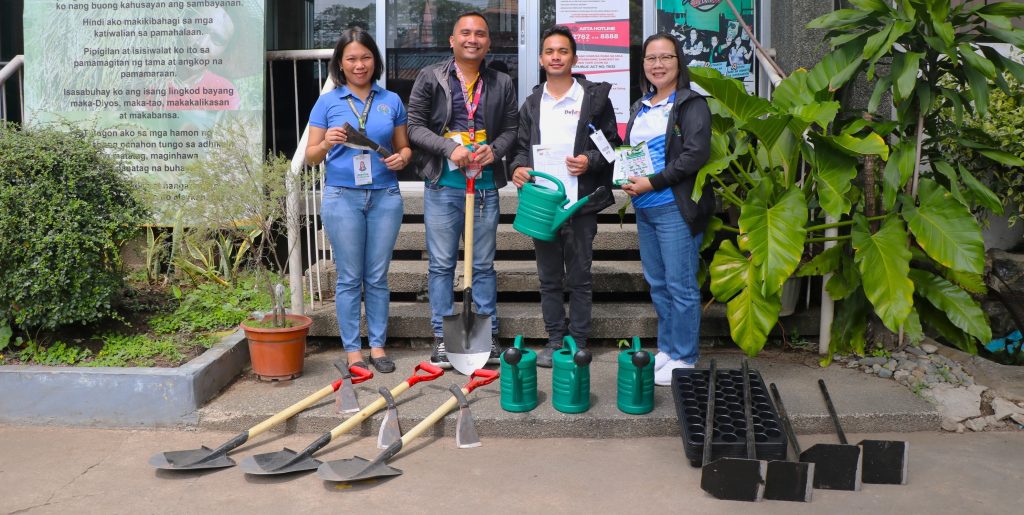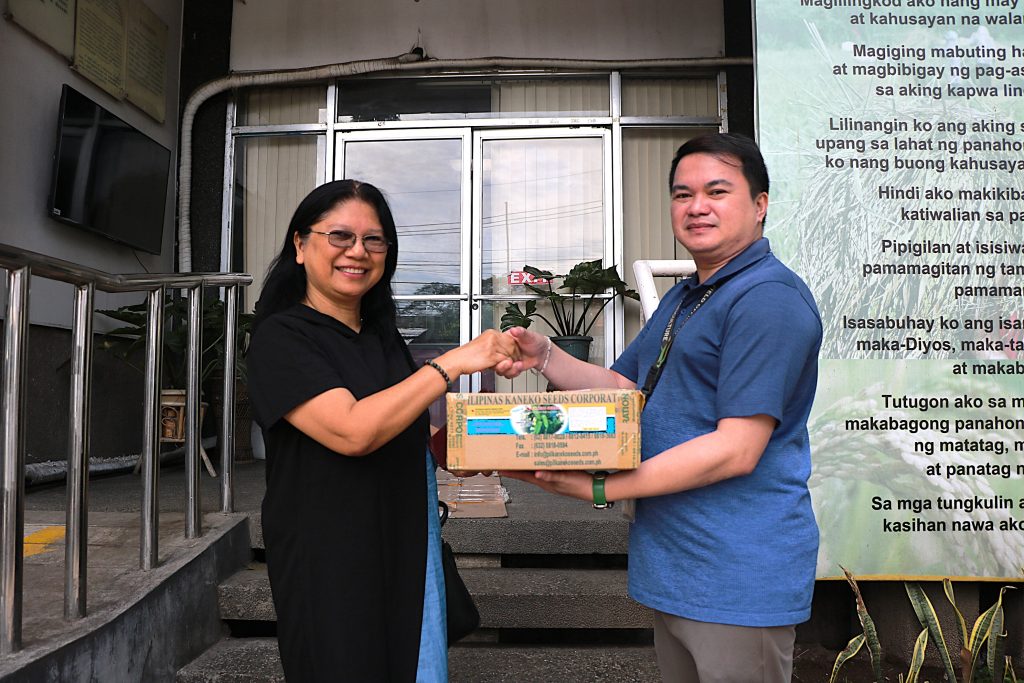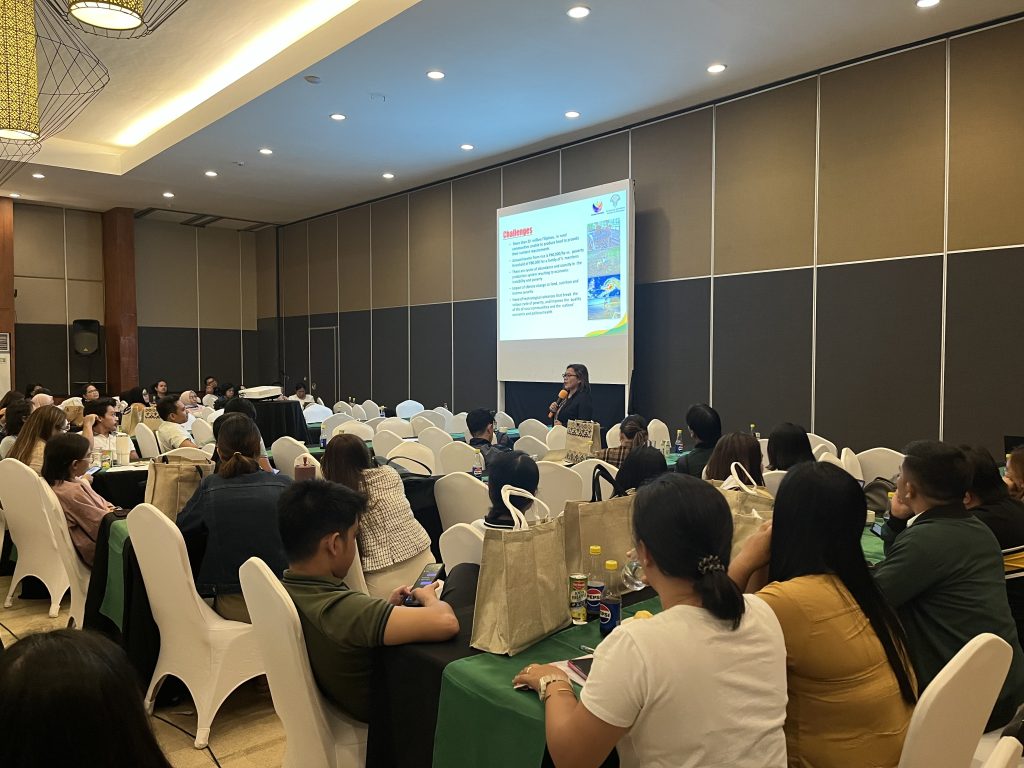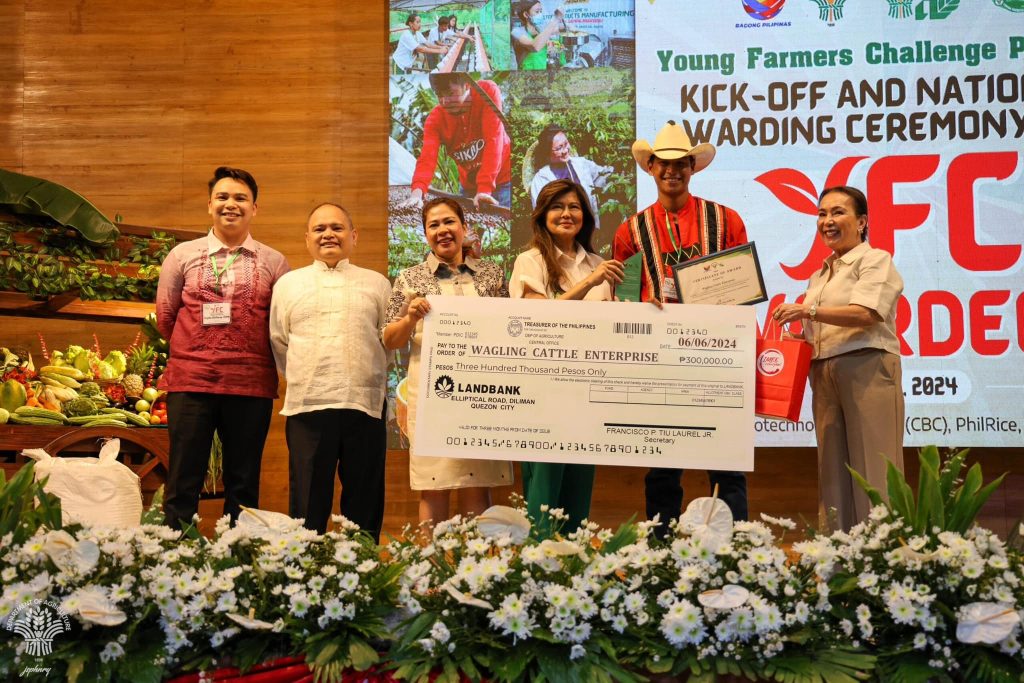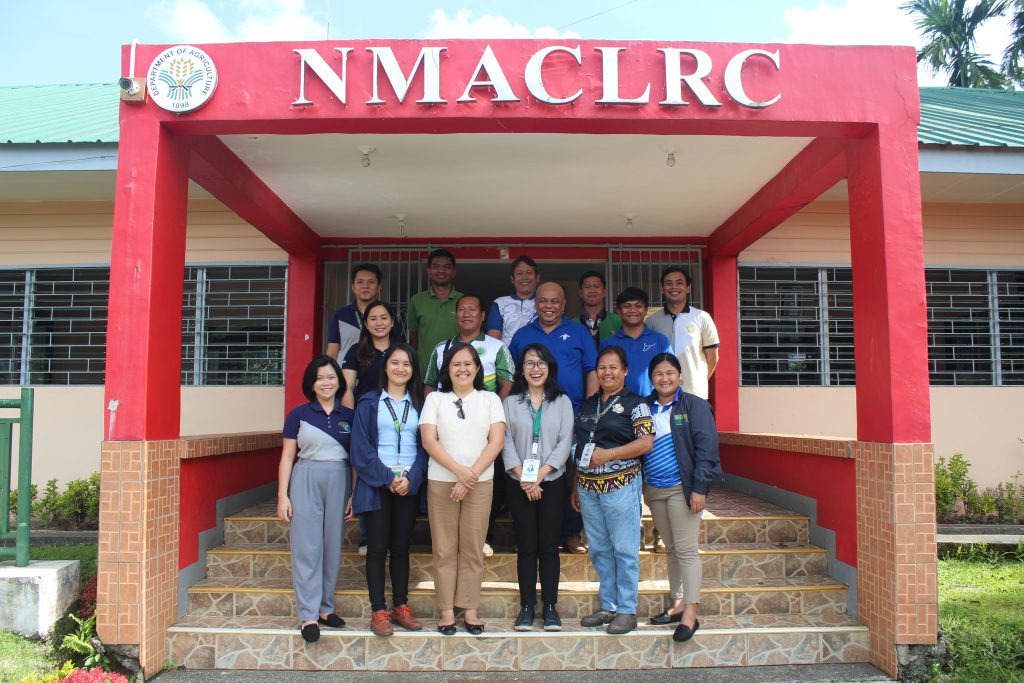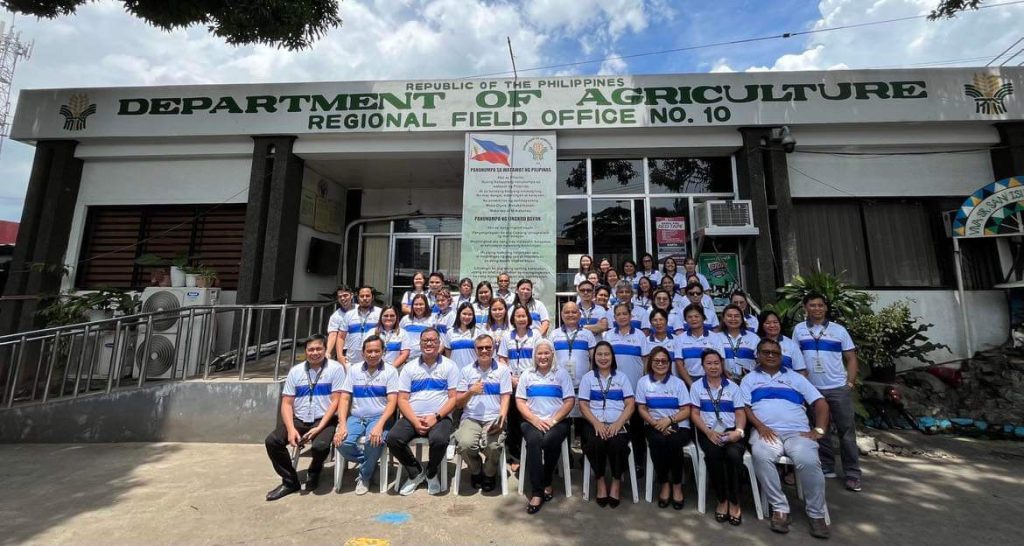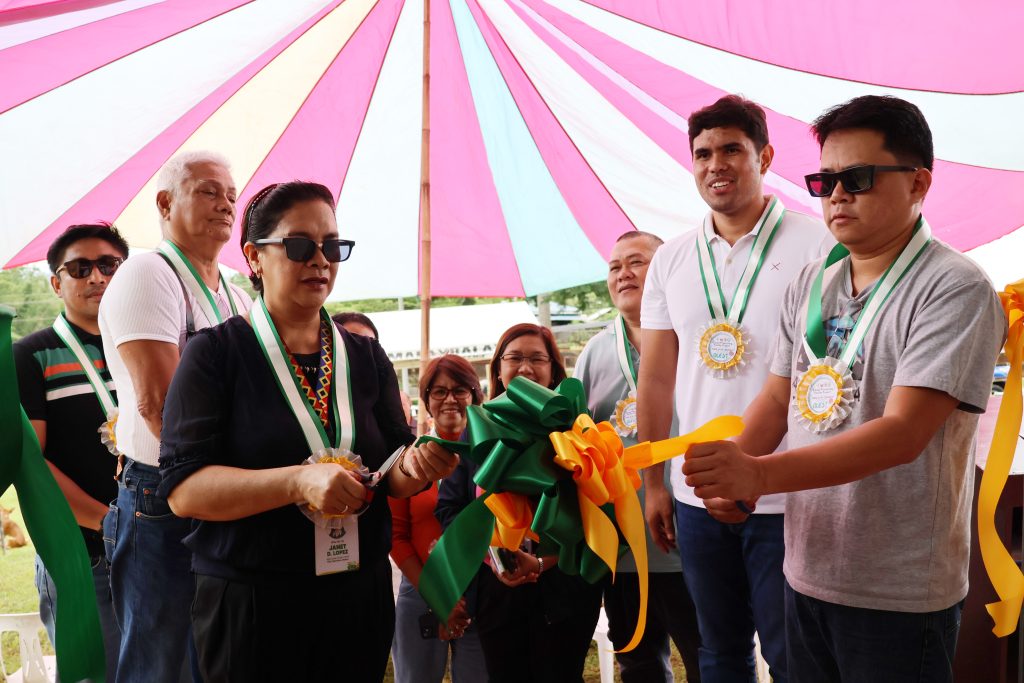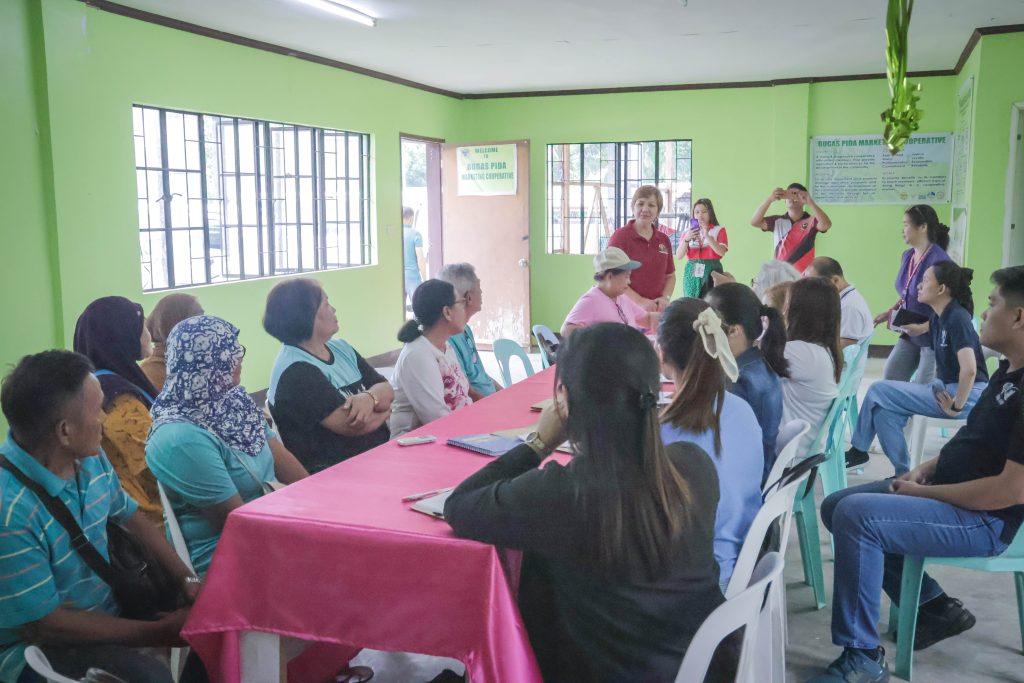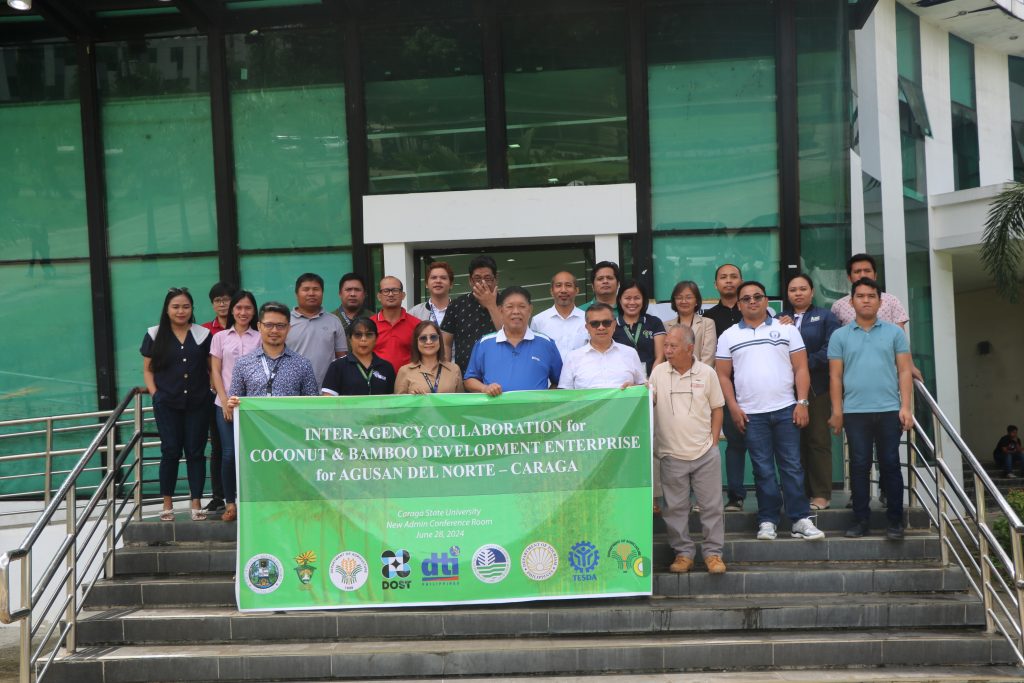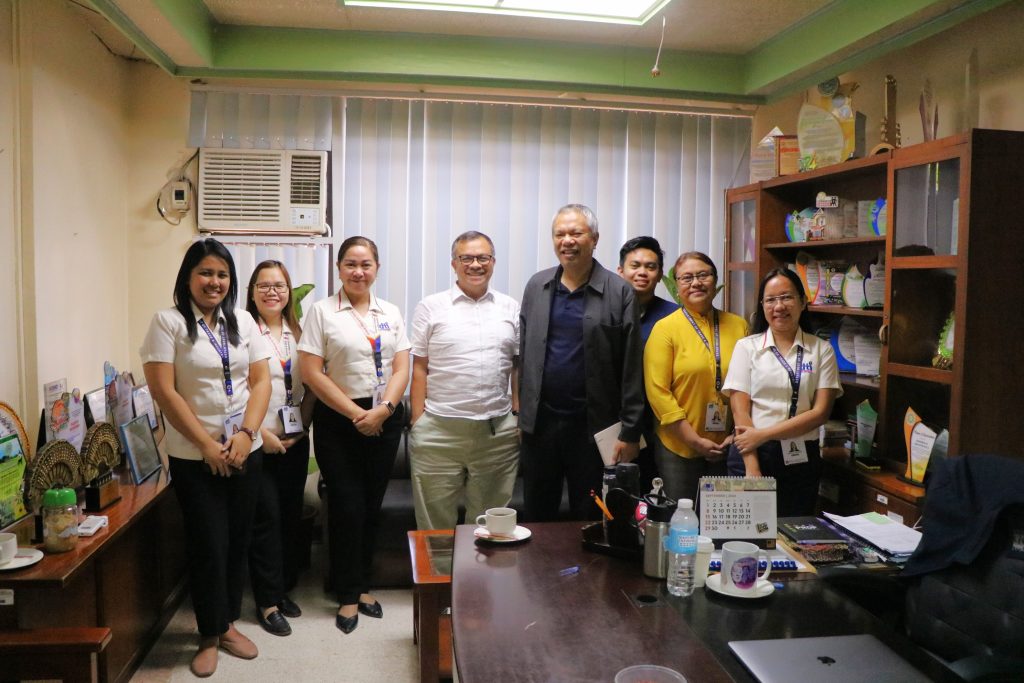
NorMin’s DA and DTI eye for a collaboration to support the coconut farmers and industry of Balingasag town.
CAGAYAN DE ORO CITY — The Department of Agriculture – Regional Field Office 10 continues to pursue efforts to better support the coconut industry in Northern Mindanao.
On July 3, at the agency compound, DA-10 Regional Executive Director Jose Apollo Y. Pacamalan convened with the Department of Trade and Industry – Region 10 (DTI-10) headed by OIC-Regional Director Ruel B. Paclipan, to discuss the agency’s present thrusts to bolster the region’s coconut industry.
Recalling his experience and best practices leading to the establishment of an Integrated Coconut Processing Plant in Balingasag town, RED Pacamalan emphasized that the town’s coconut production could further improve with the various programs, projects, and interventions provided by the DA and other relevant government agencies.
To this, the agri chief executive proposed a collaborative effort between the two agencies to provide production support, establish support and processing infrastructure, and develop mechanisms for market research and marketing of various coconut-based products.
Said products include coconut oil, coconut flour, as well as coconut juice and milk, all of which are eyed to be commercially available and sold at economical prices.
DA-10 also eyes the strategic provision of funding support for infrastructure and equipment for coconut, as well as other commodities such as coffee and cacao, through the clustering efforts of its Farm and Fisheries Clustering and Consolidation (F2C2) Program, as well as through the enterprise development component (I-REAP) of the Philippine Rural Development Project (PRDP).
Further, through the agri dept’s data digitization efforts, RED Pacamalan also proposed the collaboration between both agencies to generate agri-production data and other pertinent information to guide its development and co-implementation of support mechanisms for farmers and producers in region 10.
DTI, who spearheads market research for said commodity, has signified its support for the initiative, and agreed to meet with concerned technical staff of the DA to determine the ways forward, respective of both agency’s established programs and interventions.
Also joining the meeting were DTI-10 Chief Trade-Industry Development Specialist Maricris I. Gabia, Supervising Trade-Industry Development Specialist Jocelyn N. Rosales, and Senior Trade-Industry Development Specialists Jill E. Maestre and Kimberly A. Bacasma.# (GDA)

